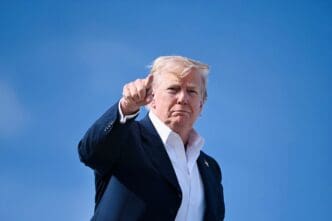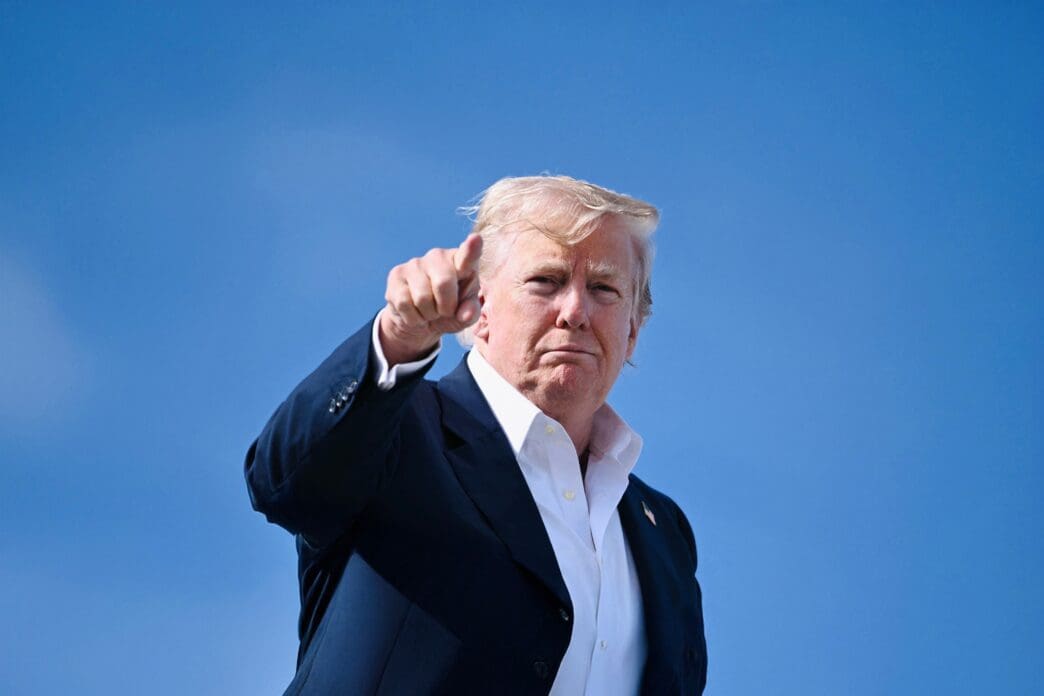Executive Summary
The Story So Far
Why This Matters
Who Thinks What?
President Donald Trump is once again proposing to fund $2,000 dividend checks for lower- and middle-income Americans using tariff revenue, a move economists widely view as a significant economic gamble despite its potential political appeal. The proposal, floated ahead of November 2025, aims to address public sentiment on the economy and tariffs, but experts warn it is unlikely to generate sufficient funds and could exacerbate inflation.
Economic Feasibility Concerns
Economists have expressed skepticism to CNN regarding the proposal’s financial viability, stating that tariffs are improbable to generate enough revenue to cover the promised dividend payments. The Tax Foundation estimates that even with exclusions for children and an income cutoff of $100,000, such checks could cost approximately $300 billion. This figure significantly surpasses the Tax Foundation’s projected new tariff revenue of $217 billion for 2026.
Should all tariff revenue be allocated to these dividend payments, there would be no funds remaining to address the $38 trillion national debt, a separate commitment made by Trump. Depending on their structure, these payments could potentially increase the national debt rather than reduce it.
Inflationary Risks
Experts also caution that distributing rebate checks could stimulate demand without a corresponding increase in supply, potentially worsening the current cost-of-living challenges. Erica York, vice president of federal tax policy at the Tax Foundation, stated that this approach is “exactly the wrong recipe if you want to get inflation under control and make things feel more affordable.”
Historically, direct payments, often referred to as stimulus checks, are typically reserved for economic emergencies when demand is low, such as during the 2008 financial crisis or the COVID-19 pandemic. The US economy currently exhibits relatively low unemployment and resilient consumer spending, a stark contrast to past conditions warranting such interventions.
Public Opinion and Tariff Revenue
Polls indicate that public approval of Trump’s handling of the economy stands at 37%, with 62% disapproving, and his use of tariffs is even less popular, with roughly two-thirds disapproving. Despite Trump’s claims of the US being the “hottest country anywhere in the world,” the call for hundreds of billions in dividend payments comes amidst public frustration with the cost of living.
Federal government data shows a substantial increase in tariff revenue since Trump took office, totaling $221 billion, with $36 billion collected since the fiscal year began on October 1. However, the administration has not provided specific details on the proposed dividend program, including eligibility criteria or its estimated cost.
Expert Criticism and Administration Response
The White House, when questioned by CNN, did not offer specifics on who would qualify, the program’s cost, or its potential impact on inflation and the federal deficit. However, a White House official defended the trade agenda, asserting that Trump’s tariffs are “resetting global commerce, securing manufacturing investments, and safeguarding our national and economic security – and they’re also raising billions in revenue for the federal government.”
Douglas Holtz-Eakin, president of the American Action Forum, dismissed the idea, stating there is “no economic foundation to this.” Justin Wolfers, an economics professor at the University of Michigan, criticized the concept as “insane, unfair, pointless and dumb,” arguing that if tariffs harm Americans, the simplest solution is to avoid imposing them.








